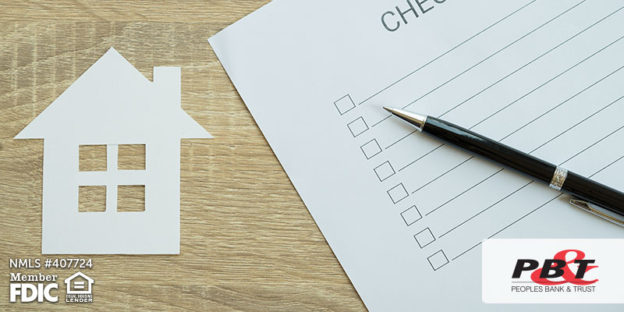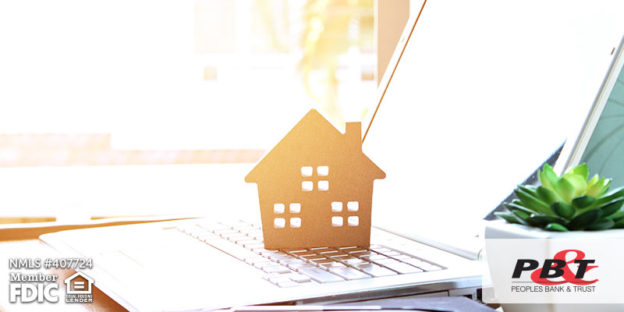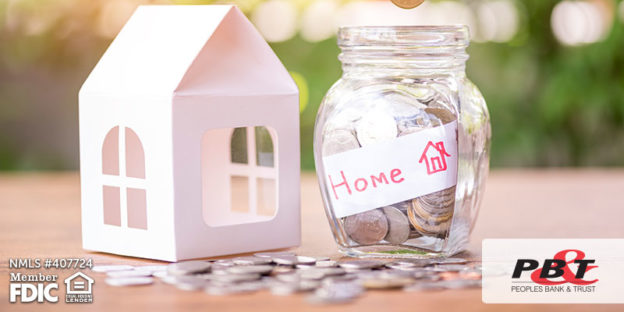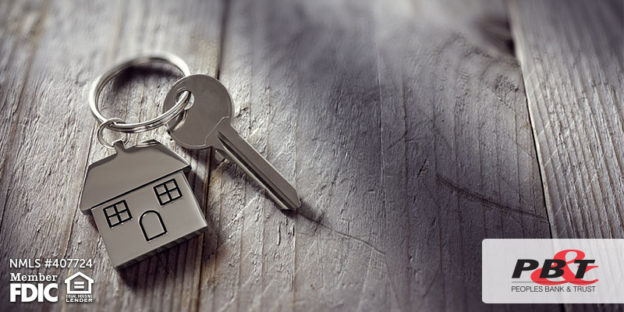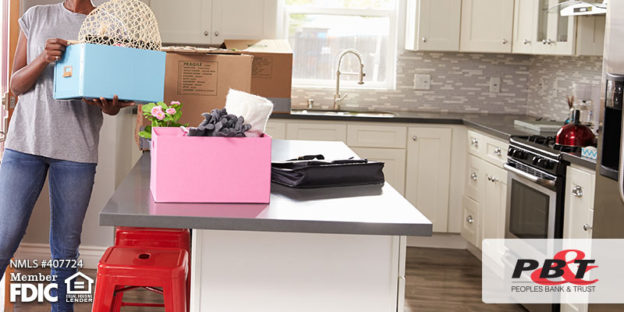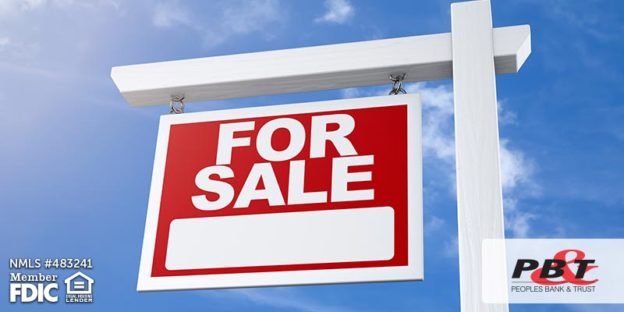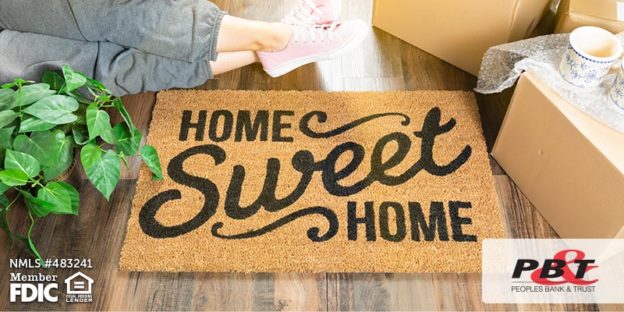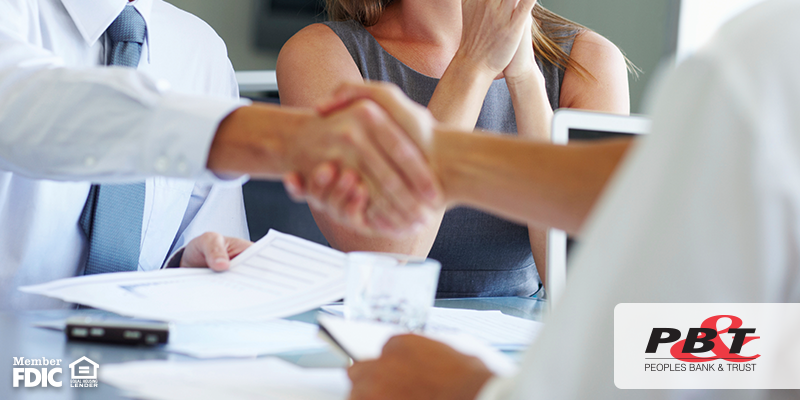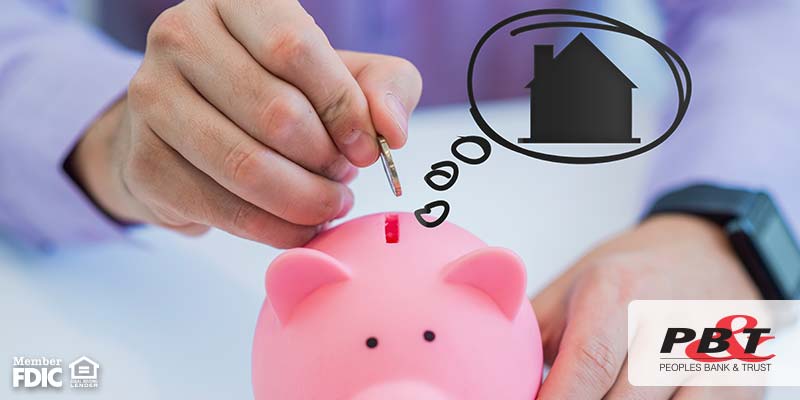Buying your first home can be an exciting, but overwhelming experience. With the right bank and agent, most of the hassle should be taken off your shoulders. So now, it’s time to make sure you’re checking these items off your list to allow for a smooth house buying journey – without breaking the bank.
Check Your Credit Score
This is always one of the top points on anyone’s list. Making sure your credit score is high and on the rise will allow you the opportunity for better rates! Look for any issues with your report and contact the credit bureau to get them fixed.
Gather Your Documentation
You’ll need to get your documents in order when coming to the bank to discuss a pre-approval letter and loan. To help you get started, you should plan to have the following documents when applying – but contact us to find out if there’s anything else you’ll need in advance:
- Income verification/employment – Last two years’ tax returns, W-2s, 1099s and your last few pay stubs
- Credit/ID – Drivers’ license, Social Security card or acceptable alternatives
- Financial condition – Bank and brokerage account statements including retirement accounts, proof of funds to close or a gift letter (if your down payment is coming from a gift)
Secure Pre-approval
Having a pre-approval letter shows a buyer you are serious and have the funds to afford the home. This also lets you know how much home you can afford, so you don’t start hunting for houses that are out of your budget.
Decide On Your Max
Even if you can afford a certain amount, not spending it all may be wise. Scale back a little and decide on the price you’re willing to spend and hold yourself accountable to not pass that limit.
Think Of Additional Expenses
Repairs, maintenance, monthly bills, moving costs and closing costs will all factor into your budget. Know how much income you are making each month and subtract all of these costs, as well as other items like gas, groceries, loans and so forth. This will show you how much you’ll actually have left over to put towards your mortgage payments. Deciding on your max budget will only help you – instead of spending the full amount you may actually be able to afford.
We hope this checklist reminds you of the items you need to complete and think of to help you stay within your budget. If you’re looking for a great place to get your mortgage, we’re here for you! Contact us or stop on in to allow us to help you on the path to buying your dream home!
Peoples Bank & Trust Co.
Member FDIC
Equal Housing Lender
NMLS# 407724


